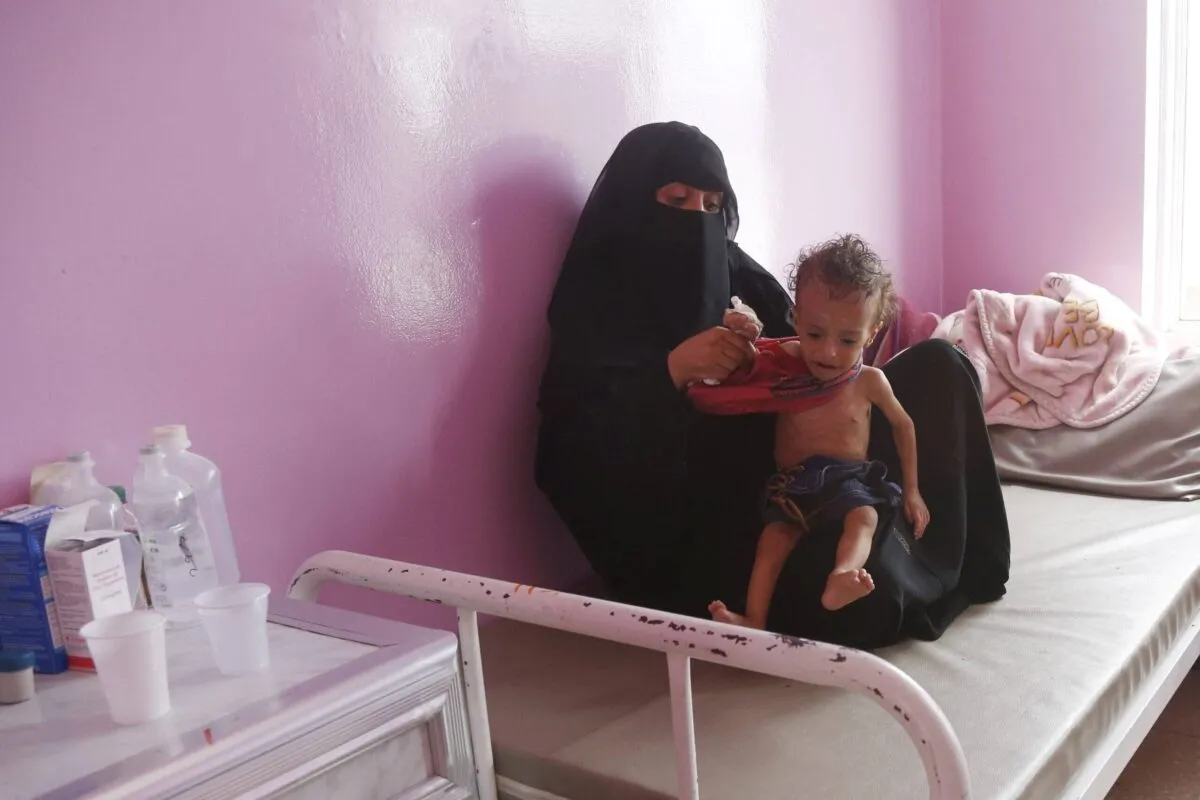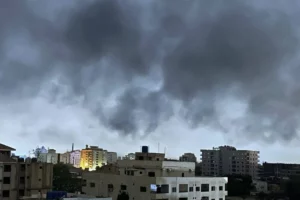Sana’a, MINA – Roughly half of all Yemeni children under the age of five are malnourished — a total of 2.4 million, while 17.8 million people in the country require health support, the World Health Organisation (WHO) warned Tuesday, Anadolu Agency reported.
“Recent events over the Red Sea and attacks on Yemen, as the situation in the Occupied Palestinian Territory worsens, can reverse the hard-gained progress for peace and stability,” Arturo Pesigan, WHO’s representative in Yemen, told a UN briefing in Geneva via video link.
“The people of Yemen have lived through deep devastation, hunger and violence. They deserve a life of peace and progress,” Pesigan said.
Noting that only 51 per cent of health facilities are fully operational in the country, he said regions affected by climbing insecurity were facing “the worst health and development challenges”.
Also Read: EU Commissioner Says Israel Blocked Her Entry to Gaza During Egypt Visit
The western province of Hudaydah alone hosts 135,000 internally displaced households and 916 camps of internally displaced people, he said, adding that this has worsened socio-economic concerns facing communities and health facilities.
On endemic diseases, the WHO representative said Yemen is overwhelmed by malaria, dengue, measles, diphtheria and acute watery diarrhoea, suspected of being cholera.
Since the beginning of 2024, 3,940 cases of acute watery diarrhoea and suspected cholera cases were reported, with 13 associated deaths, Pesigan said, pointing out that Yemen is classified as the “world’s largest outbreak of cholera,” with over 2.5 million reported case between 2016 and 2021.
He also stressed that the WHO is facing a “severe shortage” of humanitarian support in the country. “The funding gap in the 2023 reached 93 per cent”.
Also Read: Thousands Rally in Paris on International Day of Solidarity with Palestinians
“Today, Yemen is at a critical crossroads. The days to come will determine the future of more than 35 million people, whether humanitarian and developmental progress will be reversed or if Yemen will be on the road towards peace,” he said.
Tensions have escalated in the Red Sea amid Houthi attacks on commercial ships suspected of having links with Israel.
The Houthis say their attacks aim to pressure Israel to halt its deadly onslaught on the Gaza Strip, which has killed nearly 25,500 people since a 7 October cross-border offensive by Palestinian group, Hamas.
The US and UK launched airstrikes against Houthi targets in Yemen in recent days in retaliation for the attacks, which have created fears of a new bout of inflation and supply chain disruption.
Also Read: RSF Kills State News Agency’s Director in El-Fasher, Detains Several Journalists
The Red Sea is one of the world’s most frequently used sea routes for oil and fuel shipments. It is used to transit between Egypt’s Suez Canal and the Gulf of Aden, allowing ships to avoid the much costlier and longer route across the southern coast of Africa.(T/R3/P2)
Mi’raj News Agency (MINA)
Also Read: Global Movement to Gaza to Hold Coordinated Rallies in 13 Cities on International Day of Solidarity






























 Mina Indonesia
Mina Indonesia Mina Arabic
Mina Arabic